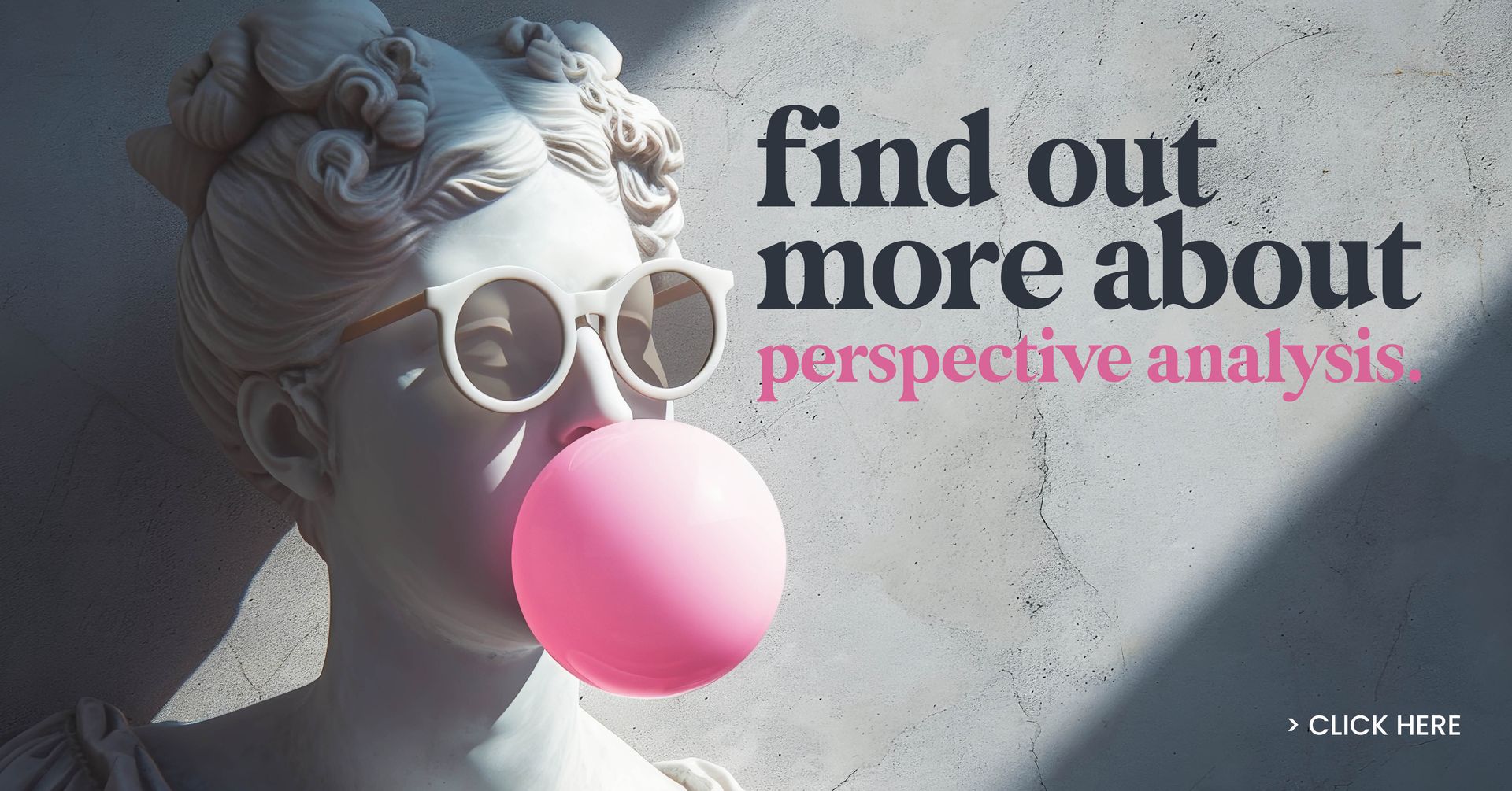Humans have always been captivated by the desire to understand themselves better. This quest for self-knowledge has driven countless philosophical inquiries, religious teachings, and, in our modern era, the widespread appeal of personality tests, zodiac signs, and even those quizzes that tell you if you’re more of a Meat Feast Pizza than a Hawaiian. Whether we admit it or not, most of us have indulged in these seemingly trivial assessments at some point. But what is it about these exercises in self-discovery that draws us in so powerfully? The answer lies in our deep-seated psychological needs for self-discovery, identity, and social belonging, needs that have been integral to the human experience for as long as we’ve existed.
The Search for Identity
From a young age, we embark on a lifelong journey of forming our identity, our internal compass guiding us through life’s complexities. This identity is built through our experiences, social interactions, and internal reflections. It’s a dynamic entity that evolves as we grow, face new challenges, and gain new insights. As children, we learn about ourselves in relation to others, how we are similar, how we are different, and how we fit into the social fabric around us. These early experiences lay the groundwork for the more complex self-concepts we develop in adulthood. Our experience in the workplace is no different; the broader our experience and the more we connect with new ideas, the richer our pool of information becomes.
Despite this ongoing process of identity formation, many of us continue to seek clarity throughout our lives. This is partly because our identities are multifaceted and influenced by various factors, including cultural background, personal values, and life experiences. We may understand ourselves in certain contexts—perhaps as a parent, a professional, or a friend but struggle to integrate these different aspects into a cohesive sense of self. This struggle often leads us to seek out labels, categories, and definitions that help us make sense of who we are and where we fit in the world.
Personality quizzes, with their promise of quick insights into our deepest selves, offer an appealing shortcut to this clarity. They provide a way to distil the complexities of our personalities into digestible, relatable terms. Whether it’s understanding our ‘love language’, identifying with a particular Myers-Briggs type, or discovering which Hogwarts house we belong to, these quizzes offer validation and self-affirmation that can be both comforting and empowering. They give us a language to describe ourselves, which in turn helps us communicate who we are to others.
The Psychological Appeal of Categorisation
The appeal of personality assessments isn’t just about the results they provide, but also about the process of categorisation itself. Psychologically, the need to label ourselves and others, stems from the human brain’s natural ability for categorisation, a cognitive function essential for making sense of the world. Research in cognitive psychology, particularly the work of Eleanor Rosch in the 1970s, has shown that our brains are wired to organise information into groups and patterns. This categorisation helps us navigate the complexity of our environment by simplifying it into manageable parts.
When applied to self-knowledge, this need for categorisation becomes a tool for making sense of our inner world. It’s not just about knowing whether we’re introverted or extroverted, but understanding how these traits influence our behaviours, decisions, and relationships. By categorising aspects of our personality, we create a framework that helps us navigate personal and social challenges more effectively. For example, understanding that you’re a ‘Type A’ personality might help explain your competitive nature and drive, while identifying as a ‘Type B’ might shed light on your preference for a more relaxed approach to life.
These categories provide us with a sense of identity that is both personal and social. They allow us to see ourselves as part of a larger group whether that’s people who share our Zodiac sign, our Enneagram type, or even our pizza preference. This sense of belonging is crucial for our psychological wellbeing, as it connects us to others who understand and validate our experiences. It’s a way of finding our place in the world, not just as individuals, but as members of a broader community.

The Perspective Analysis Tool: Applying These Principles to Business
At Equipt, we believe that the principles of understanding and categorisation, which are so crucial for personal growth, can be equally powerful in business. During the COVID-19 pandemic, when businesses were forced to reassess their strategies as traditional plans became obsolete, we saw an opportunity to apply these principles on a broader scale. This led to the development of the Perspective Analysis Tool, designed to help businesses re-evaluate their purpose, outputs, and strategies in an environment dominated by uncertainty.
The pandemic created an unprecedented level of unpredictability, rendering many conventional business practices ineffective. Leaders faced the challenge of navigating a future where agility and adaptability were essential. It became clear that businesses needed more than just a new strategy. They needed a way to understand their core strengths, prioritise effectively, and pivot quickly when necessary.
With years of experience working with large brands, we noticed a consistent pattern: certain foundational elements are critical to business growth, regardless of the industry. However, for small and medium-sized enterprises (SMEs), the challenge wasn’t just knowing what to do, but determining where to focus amidst a sea of competing priorities.
The Perspective Analysis Tool was created to address this challenge. Our goal was to develop a solution that allows businesses to categorise their efforts, focusing on what truly drives growth. We understood that SMEs needed a tool that was not only comprehensive but also agile, something that could be revisited regularly, offering businesses the ability to review progress, identify new threats, and adjust strategies accordingly.
By categorising different aspects of the business such as market positioning, operational efficiency, and customer engagement, the Perspective Analysis Tool helps leaders maintain a broad view without getting lost in the details. It ensures that every decision aligns with the company’s long-term vision, while also providing the flexibility needed to respond to immediate challenges. In essence, the tool empowers businesses to take control of their future, even in uncertain times.
If you’re interested in learning more about how the Perspective Analysis Tool can help your business, or if you’d like to see it in action, get in touch with us. We’d love to help you take the next step in understanding and growing your business – and maybe we’ll even tell you what pizza you are!
A LITTLE MORE READING






